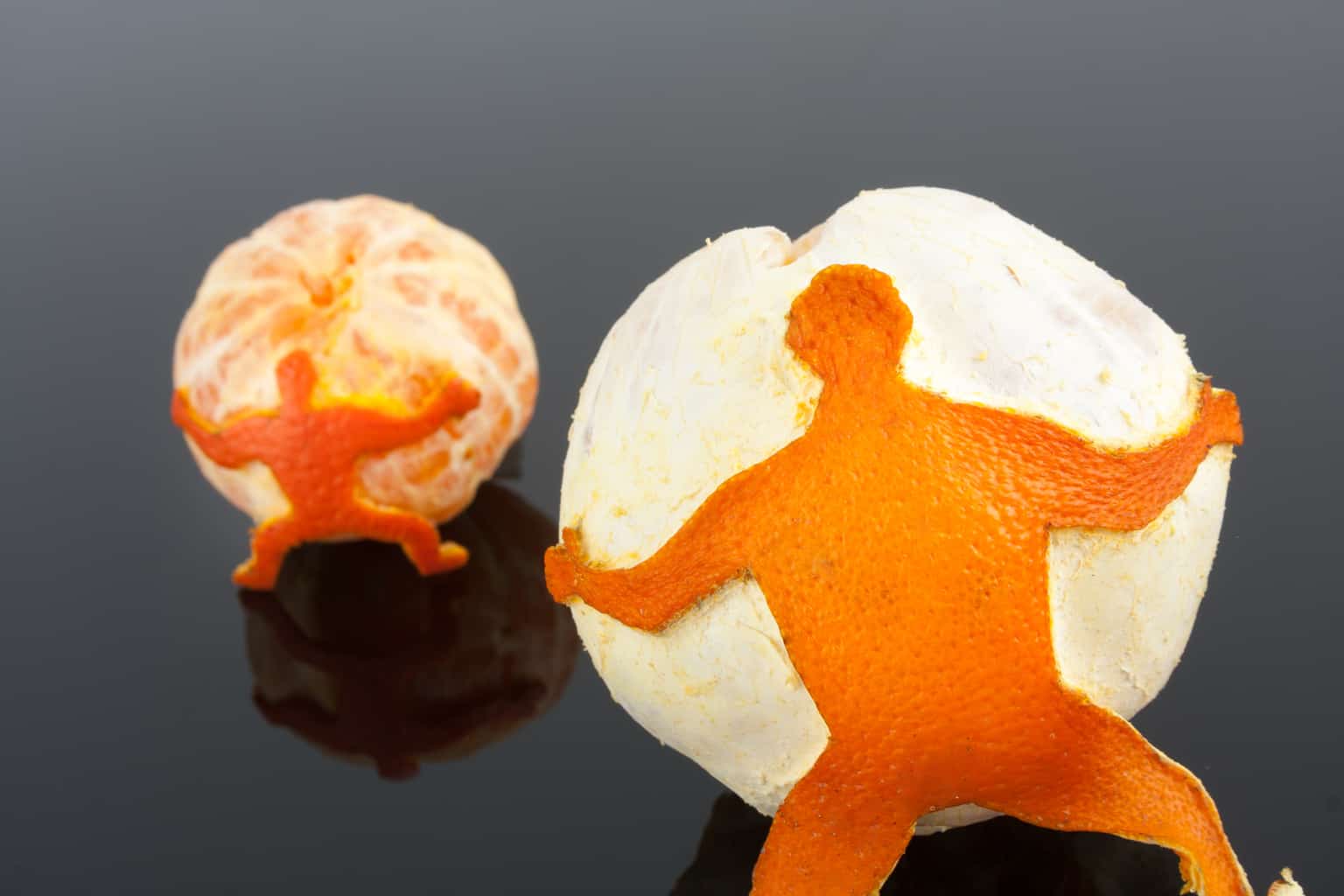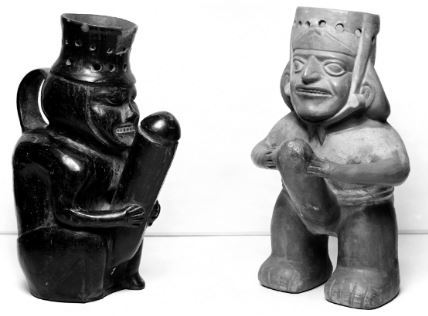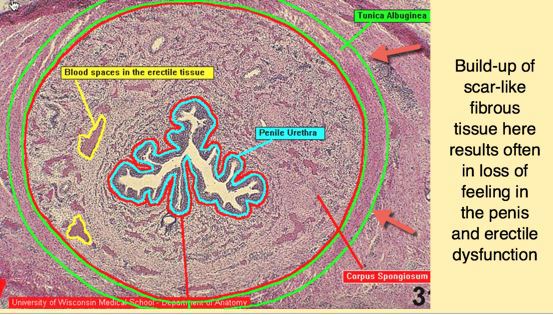
[cmamad id=”13260″ align=”center” tabid=”display-desktop” mobid=”display-desktop” stg=””]
Does the president have hypothyroidism? Here are the early signs that you can spot on your hands.
—–Important Message—–
This herbal brew (bitter, OMG) got me to be a man again…
I downed the bitter liquid each morning and waited for the results.
At first, nothing.
Then, I noticed my pants were looser. I had started to lose flab.
My wife commented (quite impressed) about my bigger biceps.
She couldn’t keep her hands off them when we were together (YEAH!)
I was gaining muscle without working out.
And…oh my… my hard-ons got to the point where even I couldn’t believe the towel-hangers that were going on down there – and for a long time.
It wasn’t me, it wasn’t anything special about me. It was this potent combination of ordinary vitamins, plus a few I had never heard of.
How could no one have known about this? This is the first drink of its kind.

Here’s the potent combination that restores manly sexual function
—————-
Why is Donald Trump’s skin a yellowish/orange color?
If you are looking a bit orange and it’s not from a spray booth or a fashion misstep…
It might be wise to wonder why.

Jaundice is the best-known reason for turning yellow or orange.
Ruling that out with a bilirubin test is the first step.
There’s another cause though: hypothyroidism.
A low-functioning thyroid, plus eating papaya, carrots, mangoes, or other yellow/orange fruit and vegetables can give you that fake tan look.
[cmamad id=”13261″ align=”center” tabid=”display-desktop” mobid=”display-desktop” stg=””]
So if I just avoid carotene-rich foods, why worry about it?
Because a yellow or orange tint might be a sign of thyroid trouble that needs treatment.
Here’s an interesting case:

A young woman presented with progressive yellowing of her skin over a period of six months. Liver function tests prompted further tests to reach the final diagnosis.
Hypercarotenaemia had caused her yellow skin. And various other biochemical abnormalities pointed towards primary hypothyroidism as an underlying cause.
Thyroxine replacement treatment successfully corrected all the biochemical abnormalities including hypercarotenaemia.
She got treatment and her blood tests and skin went back to normal.
But turning yellow wasn’t her only symptom.
There were other things that we usually consider “normal”…
In retrospect the patient did admit having menstrual irregularities (menorrhagia followed by oligomenorrhoea), severe constipation, lethargy, and lack of energy for the preceding 18 months… but she had never complained about these symptoms to her doctor.
She probably thought her other troublesome symptoms were perfectly normal. Many people do.
They’re “hormonal.” Or they’re “natural signs of aging.”
You know how people think…
Feeling tired? Sleeping badly? Living with constipation? Tending to put on weight? Normal.
Sound familiar? Check the palms of your hands…
Your liver can’t deal with carotenes in food when you’re hypothyroid.
So it stores them away in your skin.
It’s so uncommon to go visibly yellow that the patient in this particular case knew something was wrong.
But for many people, carotene shows up only on the calluses of their hands.
Sometimes you only notice it when you eat fewer carrots and it fades.
But check anyway, because hypothyroidism does matter.
Common symptoms such as fatigue, weight gain, cold hands and feet, a slower pulse, insomnia, and constipation aren’t serious, right?
They’re uncomfortable, interfere with getting things done, yes.
But, still, not too serious… right? Actually, wrong.
Some consequences of untreated hypothyroidism are serious.
Please don’t be alarmed. I’m not scaremongering.
I don’t want to worry you about what might be nothing. We have too much of that in our culture as it is.
But my approach is that I’d rather catch things early.
I pay attention to minor symptoms – before I need the doctor.
Then maybe I’ll never find myself making an appointment with the cardio specialist.
Untreated hypothyroidism can lead to an enlarged heart.
An enlarged heart (cardiomyopathy) doesn’t beat properly.
It’s a major cause of heart failure and heart transplants.
I know someone with this condition and he can’t work anymore. He tires easily. He’s only in his forties.
They almost gave him a heart transplant.
Some of you might think: “Oh good, a new heart, a new lease on life.”
But a transplant brings risks of rejection, infection, kidney failure, and cancer.
I’d prefer to mend my heart on my own, if possible.
Or better yet, not get to the point where I need to “repair or replace”
So if I found a tinge of yellow or orange on my palms, I’d want to get my thyroid checked.
One more thing about hypothyroidism…
I have written before about getting the right thyroid diagnosis and treatment. Here’s a summary:
Doctors used to diagnose low thyroid function (hypothyroidism) by your symptoms, including low body temperature and pulse.
Now they just go by a blood test for TSH.
The bar for treatment varies from country to country with no good reason.
In some places they only treat when it is over 5.0 mlU/l. Other places, 10.0 mlU/l…
Many say it should be no more than 2.5. My opinion? Even lower. Like 1.0 mlU/l.
So you may be told you’re not hypothyroid and get sent home untreated…
Or worse, they may give you statins for high cholesterol (also a thyroid symptom, now forgotten by doctors, it seems).
Meanwhile, you still have symptoms and are at risk for more serious consequences.
But this article is about taking control of your health, and there is a lot you can do.
Some well-established thyroid helpers include:
- Coffee
- Aspirin
- Niacinamide (Vitamin B3)
- Thiamine (Vitamin B1)
Avoid thyroid enemies such as:
- Polyunsaturated fatty acids (PUFA oils). This means all liquid cooking oils. Margarine. Most commercial salad dressings.
- Undercooked broccoli, cauliflower, and cabbage. These vegetables should be boiled for 30 minutes to deactivate their anti-thyroid effects.
If you decide on any thyroid support, start cautiously. It takes time to adapt.
Better thyroid functioning makes you warmer and more energetic.
But an increased metabolism (higher temperature, somewhat higher pulse) also burns more fuel.
This can catch you by surprise, leading to energy drop.
So make sure you eat regularly, and take your supplements only after a meal.
And watch your energy.
If you feel your levels drop, drink some fruit juice.
Keep snacks on hand. Carbohydrate-rich snacks.
Dried fruit is portable and keeps well.
But if you tend to get a bit yellow, you might want to avoid the dried papaya and mango strips!
—–Important Message——
Men: Check your penis right now
Is there a hard, scar-like cylinder in your shaft that you can feel?
Any lump? Any bend? (You might feel it only when you are fully rigid.)
You may have just saved yourself an awkward trip to the doctor’s office…
And if you do feel this harder lump in your penis that wasn’t there before…
…you may be one of 22% of men who have this erection blocker.
THAT hard lump may be the reason for any sexual problems you’re having, and it might make it impossible for you to be with a woman, ever…
Here you can discover how to find it and fix it fast
—————-

M A al-Jubouri, E J Coombes, R M Young, and N P McLaughlin
https://www.ncbi.nlm.nih.gov/pmc/articles/PMC494944/
Thyroid - the correct prescribing of thyroid hormones
http://www.drmyhill.co.uk/wiki/Thyroid_-_the_correct_prescribing_of_thyroid_hormones
https://draxe.com/hypothyroidism-diet-natural-treatment/https://draxe.com/niacin-side-effects/
Vitamin B3 is a important element that is very necessary for the optimal functioning of the thyroid gland,which regulates the body hormones. Also called as Niacin, Vitamin B3 helps in the maintenance of a healthy cardiovascular system and metabolism. Its role in balancing Blood Cholesterol levels in the human body is also paramount. Along with the Vitamin B1 and Vitamin B2, Vitamin B3 helps in boosting brain function and maintenance of healthy skin.Individuals who are suffering from dangerously high cholesterol levels are usually treated with Vitamin B3 as it has been proven to increase the good HDL Cholesterol levels and lower triglycerides. Several studies also show that Vitamin B3 helps to reduce atherosclerosis (hardening of arteries), that can lead to heart disease. Since Vitamin B3 plays a beneficial role in balancing blood sugar levels, it is helpful in treating diabetes.Skin problems like acne and skin inflammation has been found to be cured by the intake of Vitamin D3 supplements and in many cases Vitamin B3 has been found very effective in treating skin conditions like flare-ups, irritation and redness of the skin. Random studies have also shown that Vitamin B3 helps to protect against Alzheimer’s disease and brain disorders like memory loss, depression, motion sickness, insomnia and even migraine headaches. Vitamin B3 has also been proven effective for individuals suffering from ADHD ( Attention deficit-hyperactivity disorder ).In addition Vitamin B3 helps in increasing joint mobility and in treating inflammation from Osteoarthritis.
2. What is the natural thyroid treatment?
An imbalance in the functioning of the thyroid gland has been shown to affect the body in myriad ways. In cases where the thyroid gland is underactive, symptoms such as changes in the body metabolism,digestion,energy levels,appetite,sleep and mood levels can happen in the human body. Individuals suffering from hypothyroidism may also suffer from excessive fatigue and suffer from mood disorders like depression. In many cases it can also cause hair loss, weight gain, cracked skin and constipation.Where the Thyroid gland is overactive, the usual symptoms are unexplained weight loss, hair thinning and loss, excessive sweating, anxiety and shakiness and in many cases itchy skin. If proper medical intervention is not made, Hyperthyroidism can cause loss of bone density and can also affect the heart beat rate, thus increasing their risk to heart strokes and other heart diseases.A natural thyroid treatment usually include making changes to the diet like increasing the intake of Omega -3 fatty acids EPA and DHA which is good for hormone balance and thyroid function. Wild caught salmon, mackerel and sardines are best sources of Omega-3’s and helps balance thyroid deficiency .Coconut oil has also been found very beneficial because of its fatty acid contents, in supporting a balanced thyroid function. Iodine rich foods like seaweed can also cure thyroid imbalances. Fermented dairy products such as kefir,organic yogurt,kimchi and other fermented veggies are great sources for probiotic elements that can help maintain a healthy gut environment. Including sprouted seeds in ones diet like flax, hemp or chia has also been found to provide certain Omega-3 fats that are crucial for hormonal balance and optimal function.Increasing the intake of high fibre foods like fresh vegetables and fruits,berries,beans and seeds boosts the body with the necessary vitamins, minerals and antioxidants that can help lower free radical damage and also maintain hormone balance.Some other natural remedies include the intake of Iodine supplements (150-300 gms daily) and Selenium, through supplementation. Vitamin B12 is also very important in balancing hormone levels, which can be taken as supplements.


Leave a Reply